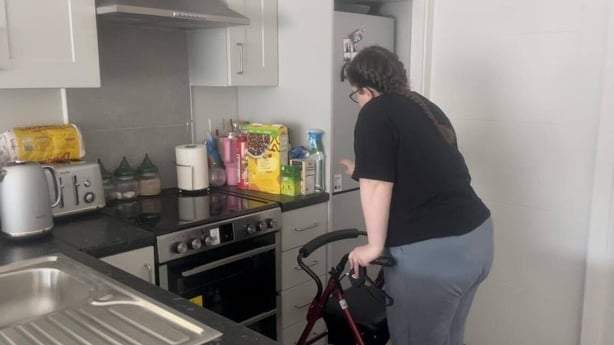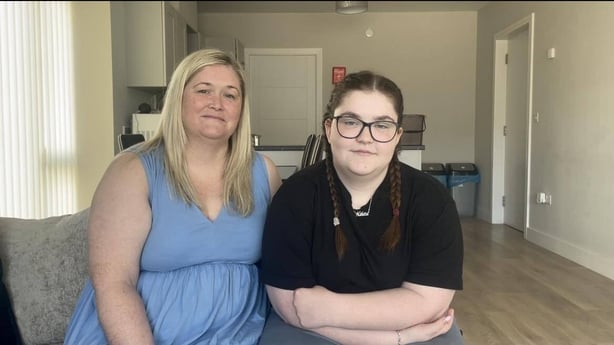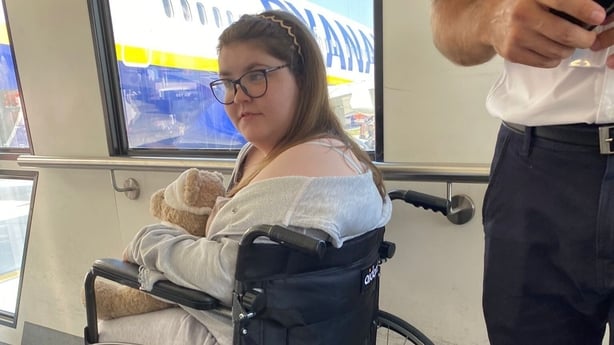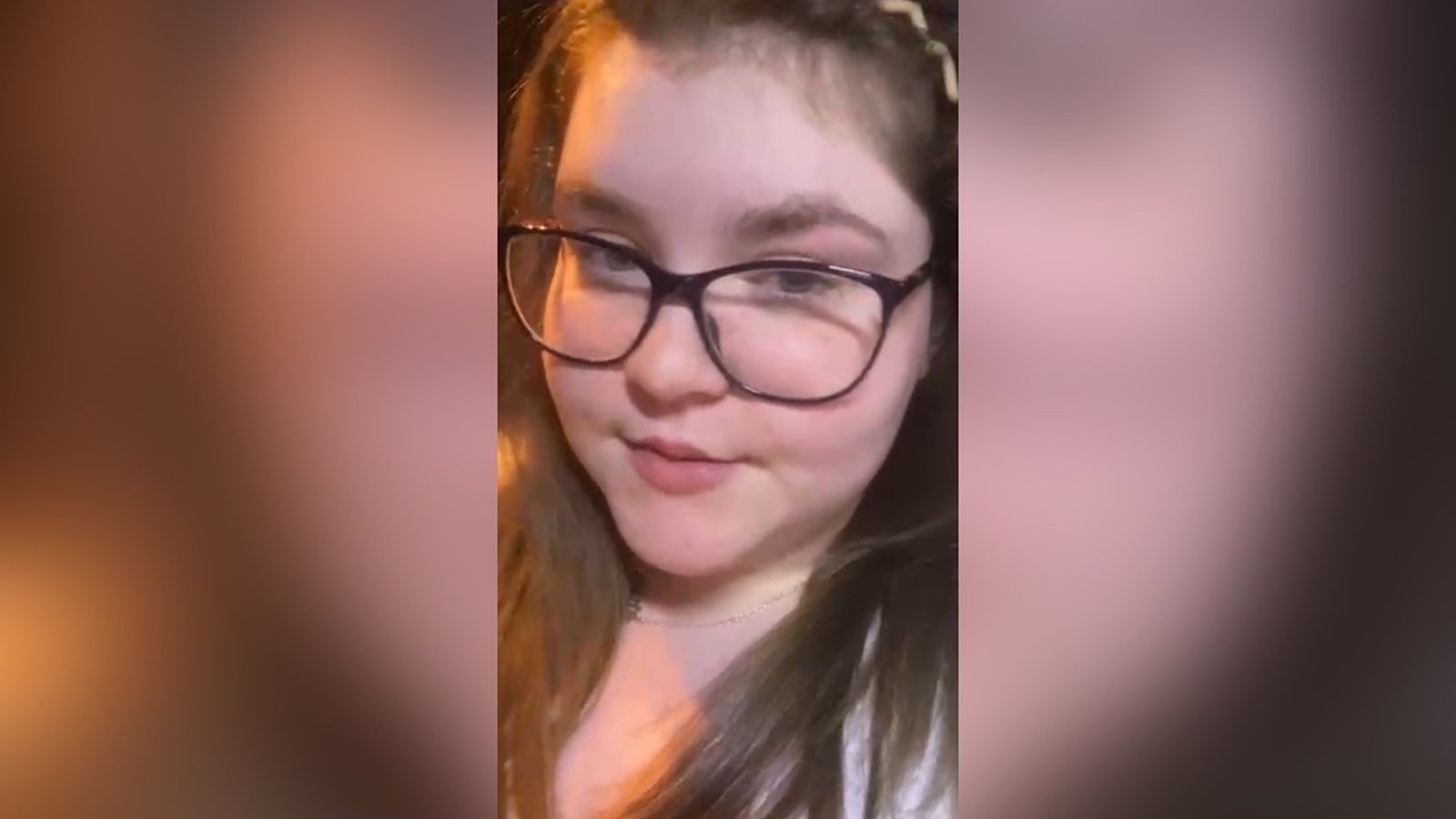A teenager from Dublin who said she had “no other option” other than to seek treatment in Romania for endometriosis has kept a video diary of her experience.
18-year-old Nikita Clarke was due to sit her Leaving Certificate this year but had not been able to attend school because of her condition.
She has been using a walker and wheelchair to get around at home in Walkinstown because of the debilitating pain she suffers.
Her mother Angela has been acting as her carer, helping her to get dressed, shower and wash her hair.

Nikita Clarke’s family took out a loan to help cover the €15,000 cost of her treatment in Bucharest
Ms Clarke’s story was read into the Dáil in April by Sinn Féin leader Mary Lou McDonald as she highlighted a “crisis in women’s health” over the chronic disease and called for a “long overdue” specialised treatment centre in Ireland.
Minister for Health Jennifer Carroll MacNeill has told the Dáil that how “endometriosis was unrecognised for so long is literally beyond me”, adding that she has a very “strong commitment to delivering services that are going to make a difference”.
Ms Clarke said she documented her journey to a clinic in Bucharest “so that other girls can look at it and see what it’s like”.
Endometriosis, a condition where cells similar to those in the lining of the womb grow in other parts of the body, affects up to one in ten women in Ireland.
Sufferers can experience pelvic pain, abdominal bloating, nausea, fatigue, and in some cases, depression, anxiety and infertility.
Dr Maebh Horan, the National Maternity Hospital’s Endometriosis Lead, said that while treatment in Ireland is developing and improving, the condition has been under-recognised.

Nikita Clarke with her mother Angela Healy
“Historically, women could be years waiting for an official diagnosis before they even moved on to consider treatment.
“I think that’s probably a global problem, but it would have driven women overseas to pick up other options.
“Then, even if you have the smaller procedures, it will involve travelling on a plane home,” Dr Horan said.
Ms Clarke’s family took out a loan to help cover the €15,000 cost of her treatment in Bucharest.
She left Dublin Airport with her mother and grandparents on 8 August to travel to the Romanian capital.
For the past fortnight she has been receiving treatment at Bucharest Endometriosis Center.
A doctor at the centre told RTÉ News that the clinic sees between 70-80 patients per year from Ireland.
In a video she recorded on the day after her five-hour surgery, Ms Clarke said she had “no pain” in her back for the first time in years.
Days later, in another video, she gave a further positive update. “I am doing amazing,” she said.
In 2023, the then minister for health Stephen Donnelly announced the development of the National Endometriosis Framework, setting out for the first time a “defined clinical care pathway” for women with endometriosis.
The HSE says it is anticipated that this will be finalised and published later this year.

ikita Clarke is preparing to fly back to Ireland from Romania tomorrow.
It said women living with the condition can be cared for by their GP in the community.
An estimated 350 severe cases per year can now be treated at endometriosis specialist hubs in Tallaght and Cork, it said.
It added that women can access healthcare abroad under the EU Cross Border Directive (CBD), but points out that the CBD does not record information on the number of patients or the types of treatment being accessed.
The Department of Health said that the Programme for Government commits to expanding and prioritising endometriosis specialist services in Ireland, adding that “we will continue to listen to those women affected”.
Meanwhile, Nikita Clarke is preparing to fly back to Ireland from Romania tomorrow.
“Back home in Ireland, there needs to be change.
“We are asking for a treatment for a disease that eats away at our bodies slowly.
“I am one of the lucky ones. I am only 18 so I have my whole life to take back those years that were taken from me by endometriosis.
“But I hope soon that no other woman has to make the decision to leave their own country to get a surgery to get their life back,” she added.
